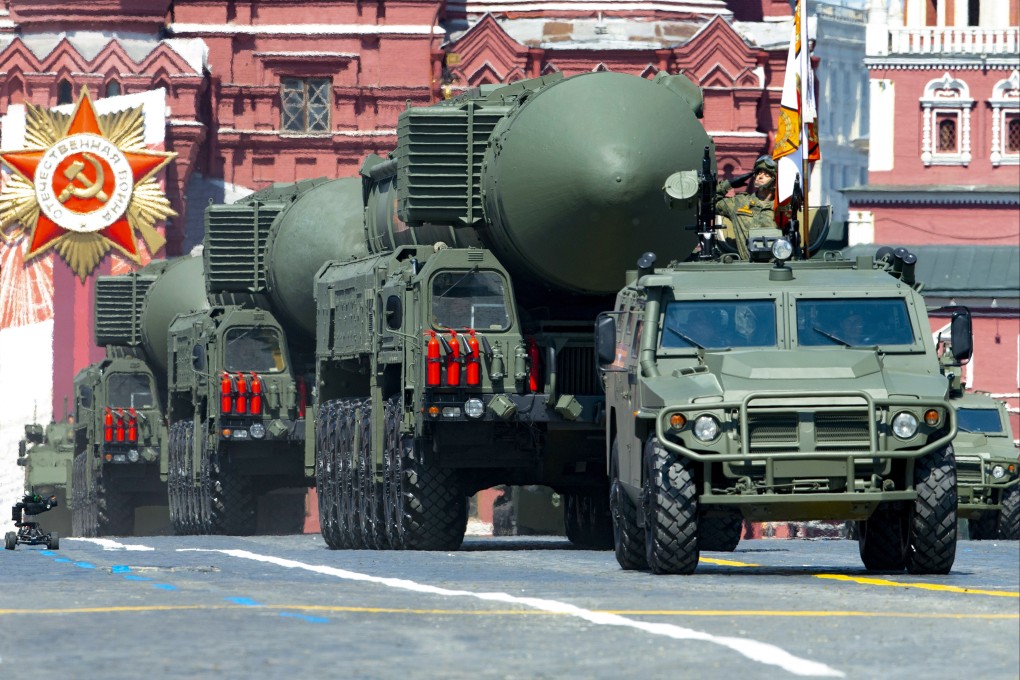Opinion | What if Putin isn’t bluffing about a nuclear strike on Ukraine?
- Using ‘referendums’ to turn conquered regions into ‘Russian territory’, Putin can say any Ukrainian attempt to recapture them is an attack on Russia
- Perhaps the Russian president could even persuade his generals to deploy one nuke, but the war is still unlikely to end well for him

It probably isn’t. The Russian president’s normal pattern, when he runs into a major setback, has been to escalate, so he is not acting out of character. However, he is clearly misinformed by his own generals, or just not listening to them.
The notion that 300,000 reservists (who received limited military training years ago) and technical specialists of various sorts (who may have no military experience whatsoever) can be turned into a useful fighting force in a couple of weeks, or even a couple of months, is bizarre. It shows just how ignorant Putin is about military affairs.
Armed Russian soldiers went door-to-door with ballot boxes, asking if people want to join Russia. The soldiers wrote the answers down (one for the entire family), and then put them in the box.
